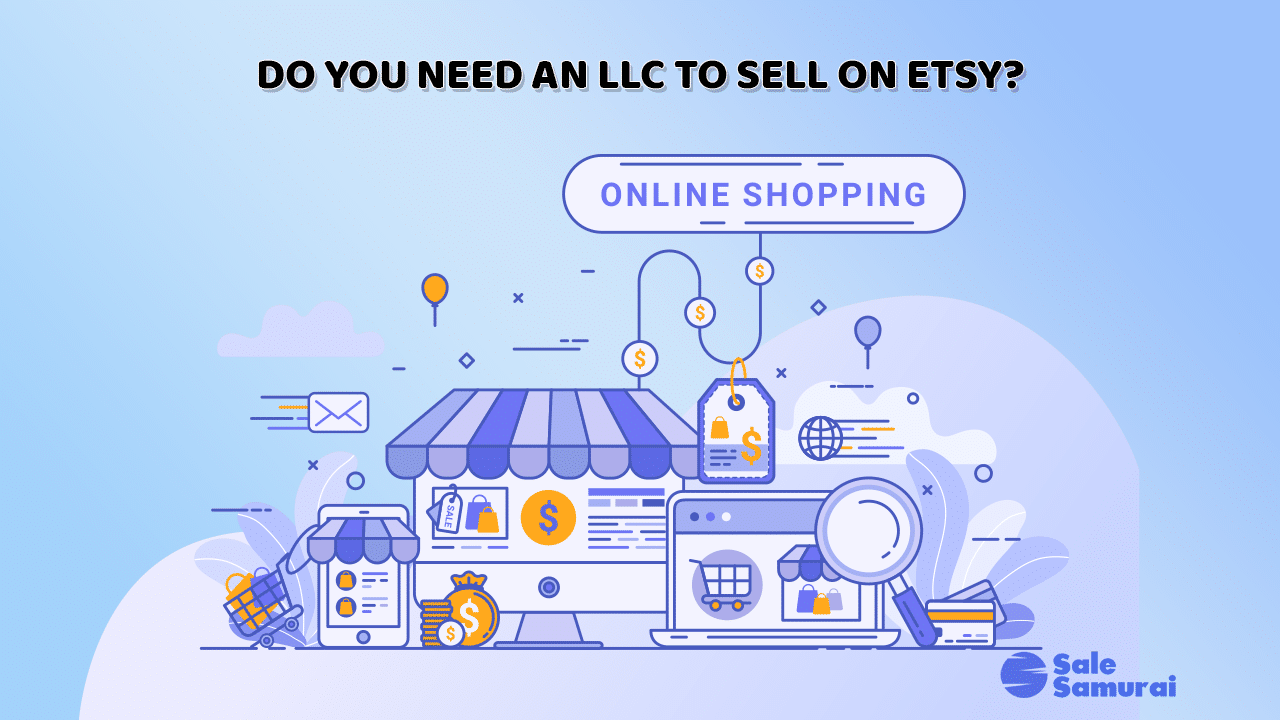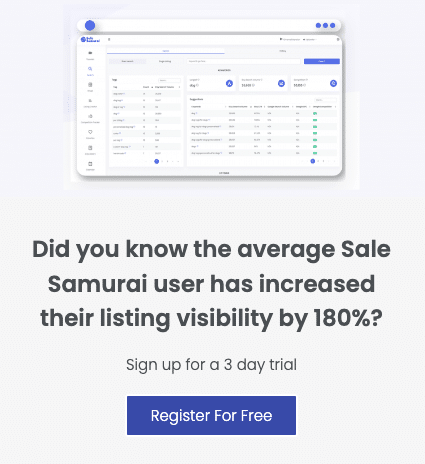
With over 80 million active buyers, Etsy has become the go-to platform for artisans and small business owners looking to sell their handmade products. But as a new or existing seller, you may be wondering whether you need to create an LLC – a Limited Liability Company to sell on this popular marketplace. In this comprehensive guide, we’ll explore the pros and cons of setting up an LLC for your Etsy shop, and help you make the best decision for your business.
What is an LLC and Why Would You Need One?
A Limited Liability Company (LLC) is a legal business structure that combines the limited liability protection of a corporation with the tax flexibility and simplicity of a sole proprietorship or partnership. An LLC can be an excellent option for small business owners who want to protect their personal assets from business-related liabilities, such as debts and lawsuits.
Key reasons to consider forming an LLC:
- Personal asset protection: Your personal assets (e.g., home, car, and savings) are shielded from business-related liabilities.
- Tax flexibility: An LLC can choose to be taxed as a sole proprietorship, partnership, S corporation, or C corporation, depending on the needs of the business.
- Professional credibility: Having an LLC in your business name can help you establish a more professional image and potentially attract more customers.
Understanding Etsy’s Seller Requirements

Etsy does not require sellers to form an LLC or any other legal entity to sell on their platform. As long as you meet Etsy’s basic seller requirements, you can start selling as a sole proprietor or under any other legal business structure that is allowed in your country of residence.
Etsy’s basic seller requirements:
- Be at least 18 years old.
- Provide accurate personal information, including your full name, address, and email.
- Accept Etsy’s Terms of Use and Privacy Policy.
- Set up a payment method to pay any fees associated with using Etsy’s services.
- List items for sale that meet Etsy’s guidelines for handmade, vintage, or craft supplies.
Benefits of Forming an LLC for Your Etsy Shop
While an LLC is not a requirement to sell on Etsy, there are several advantages to consider when deciding whether to form one for your Etsy business:
- Limited liability protection: As mentioned earlier, an LLC can protect your personal assets from business-related liabilities, such as debts and lawsuits. This can be especially beneficial if you’re selling products that could potentially lead to customer disputes or legal issues.
- Tax benefits: Forming an LLC may offer tax advantages, depending on your specific situation. For example, an LLC can choose to be taxed as an S corporation, potentially reducing self-employment taxes.
- Professional image: Having an LLC in your business name can help your Etsy shop appear more professional and credible, which may attract more customers and foster trust.
- Easier access to business financing: As an LLC, you may find it easier to secure business loans or lines of credit compared to operating as a sole proprietor.
Drawbacks of Forming an LLC for Your Etsy Shop
Despite the benefits, there are also some potential drawbacks to forming an LLC for your Etsy business:
- Cost and complexity: Setting up an LLC involves additional costs, such as filing fees and ongoing maintenance fees. Additionally, the process of forming an LLC can be more complex than operating as a sole proprietor, requiring more paperwork and potentially legal assistance.
- State regulations: LLC requirements and fees can vary depending on the state in which you form your LLC. Some states may have more stringent regulations or higher fees, which can be a disadvantage for small business owners.
- Additional recordkeeping: An LLC typically requires more extensive recordkeeping than a sole proprietorship, which can be time-consuming and require additional resources.
How to Set Up an LLC for Your Etsy Business

If you decide that forming an LLC is the right choice for your Etsy business, follow these steps to get started:
- Choose a business name: Select a unique name for your LLC that complies with your state’s naming requirements. Be sure to include “LLC” or “Limited Liability Company” in your business name, as required by law.
- File Articles of Organization: Submit your Articles of Organization to your state’s Secretary of State office, along with the required filing fee. This document outlines the basic structure and purpose of your LLC.
- Obtain an Employer Identification Number (EIN): Apply for an EIN from the Internal Revenue Service (IRS). This number is used to identify your business for tax purposes and is necessary if you have employees or wish to open a business bank account.
- Create an Operating Agreement: Draft an operating agreement that outlines the ownership, management structure, and financial arrangements of your LLC. This document is not typically required to be submitted to the state but should be kept for your records.
- Register for sales tax (if applicable): If your state requires sales tax collection, register with the appropriate state agency and obtain a sales tax permit.
- Open a business bank account: Separate your personal and business finances by opening a business bank account for your Etsy shop.
Alternatives to an LLC for Etsy Sellers

If forming an LLC doesn’t seem like the right fit for your Etsy business, there are other legal structures to consider:
- Sole Proprietorship: This is the simplest business structure and requires no formal setup. As a sole proprietor, you are personally responsible for all business liabilities, but the tax and recordkeeping requirements are generally more straightforward.
- Partnership: If you’re planning to run your Etsy shop with one or more partners, a partnership may be a suitable option. Similar to a sole proprietorship, a partnership requires no formal setup but does require a partnership agreement outlining the roles and responsibilities of each partner.
- Corporation: A corporation is a more complex business structure that provides limited liability protection and is taxed separately from its owners. It can be more expensive and time-consuming to establish and maintain compared to an LLC.
Final Thoughts
While it’s not mandatory to form an LLC to sell on Etsy, it can provide valuable benefits, such as limited liability protection, tax flexibility, and a professional image. However, it’s essential to carefully consider the costs, complexity, and state regulations before making a decision. Ultimately, the choice to form an LLC or choose an alternative business structure will depend on your specific circumstances and long-term goals for your Etsy shop. Be sure to consult with a legal or financial professional to help you make the most informed decision.





